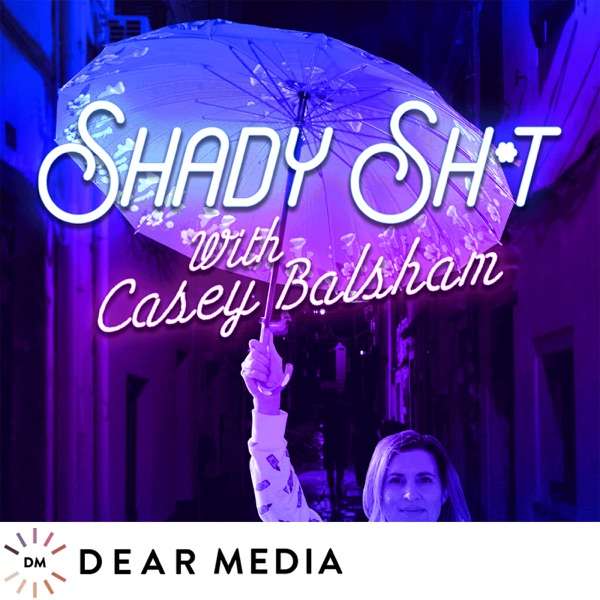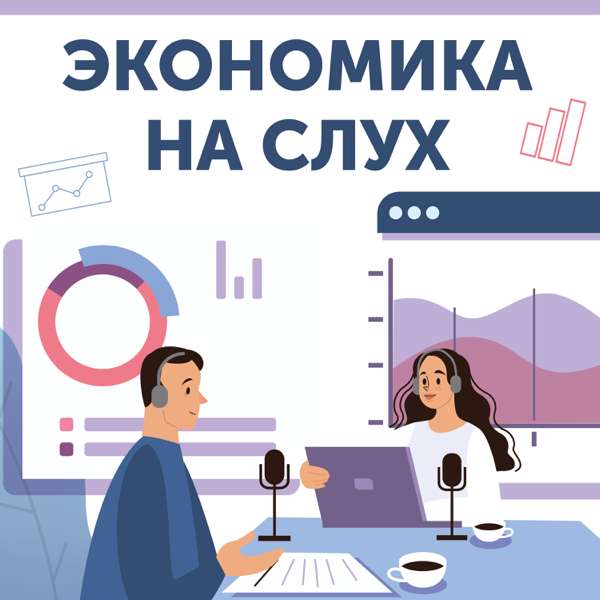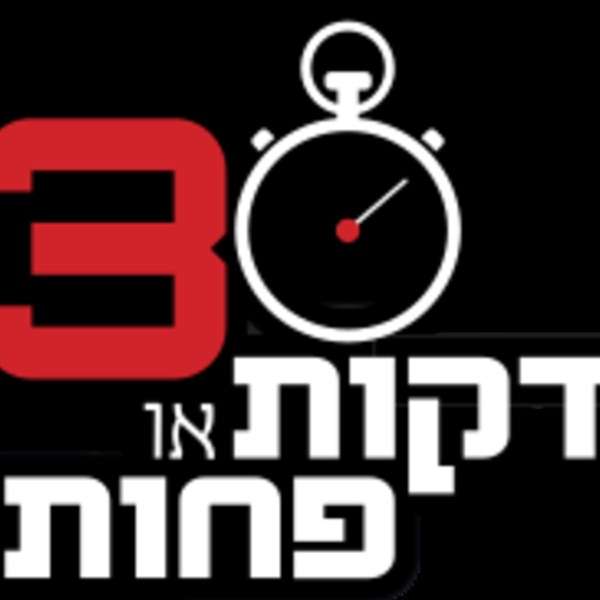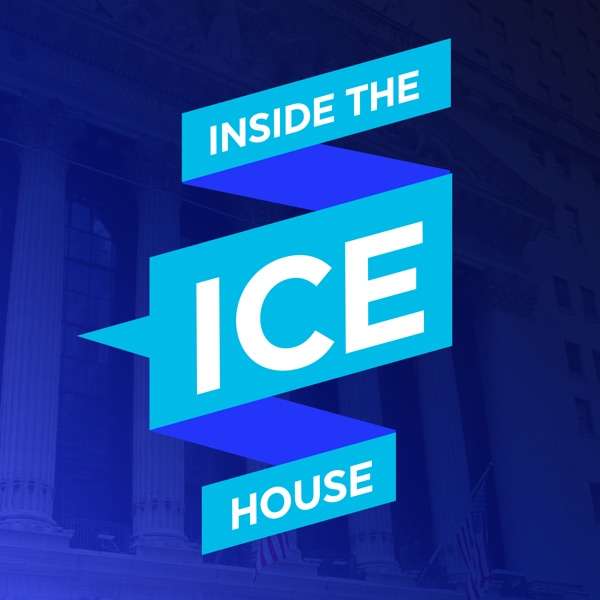Cox Communications, Inc. v. Sony Music Entertainment | Case No. 24-171 | Oral Argument Date: 12/1/25 | Docket Link: Here
Questions Presented: (1) Did the Fourth Circuit err in holding that a service provider can be held liable for "materially contributing" to copyright infringement merely because it knew that people were using certain accounts to infringe and did not terminate access, without proof that the service provider affirmatively fostered infringement or otherwise intended to promote it? (2) Did the Fourth Circuit err in holding that mere knowledge of another's direct infringement suffices to find willfulness under 17 U.S.C. § 504(c)?
Overview
This episode examines a billion-dollar battle between industry titans Sony ($175 billion market cap) and Cox Communications (part of $21 billion Cox Enterprises) that could fundamentally reshape internet service provider liability for customer copyright infringement. The Supreme Court must balance protecting artists' intellectual property rights against maintaining universal internet access in the digital age.
Episode Roadmap
Opening: Corporate Titans Clash at the High Court
• Not often that industry giants of this scale face off at SCOTUS
• Sony represents global entertainment industry's fight for IP protection
• Cox represents infrastructure keeping America connected online
• Whopping 31 amicus briefs from Google, X Corp, ACLU, Motion Picture Association, and more
Background: The Billion-Dollar Verdict
• Fourth Circuit held Cox liable for $1 billion - over 1,400 times actual damages
• Cox received 5.8 million infringement notices in two-year period
• "Thirteen-strike" policy deliberately undermined by Cox employees
• Internal emails showing contempt: "F the dmca!!!"
The Central Legal Questions
• When does providing internet service become "material contribution" to infringement?
• Does knowledge of customer infringement alone establish "willfulness"?
• Sony/Grokster framework: general-purpose technology vs. active inducement
Constitutional Stakes and Circuit Tensions
• Universal internet access vs. copyright protection
• Hammer analogy: ISPs as hardware stores vs. ongoing service providers
• Fourth Circuit outlier decision creates uncertainty for ISP industry
Episode Highlights
Cox's Three Main Arguments (Seeking Reversal):
• Affirmative Conduct Requirement: Contributory liability requires "purposeful, culpable conduct" with intent to promote infringement - not passive provision of general internet service
• Sony/Grokster Protection: Internet service is "paradigmatic multi-use technology" with substantial non-infringing uses that cannot trigger liability absent active inducement
• Practical Consequences: Fourth Circuit's rule would make ISPs liable for "literally everything bad on the internet" - from harassment to gun sales - based on mere accusations
Sony's Three Main Arguments (Defending Verdict):
• Classic Material Contribution: Long-established doctrine holds defendants liable when they "continue to supply their product to one whom they know is engaging in infringement"
• Cox's Theory Would Collapse Secondary Liability: Limiting contributory infringement only to inducement cases would immunize knowing facilitators and undermine copyright protection
• DMCA Framework Supports Liability: Congress created safe harbor protections precisely because ISPs face liability for failing to terminate repeat infringers - proving such liability exists
United States' Three Main Arguments (Supporting Cox):
• Culpable Intent Requirement: Recent aiding-and-abetting cases like Twitter v. Taamneh require more than knowledge - defendants must "consciously and culpably participate" in wrongdoing
• Patent Law Parallels: Consistent with patent contributory infringement doctrine that mere knowledge of customer's infringing plans doesn't support liability for staple articles of commerce
• Universal Internet Access Threat: Affirmance would create "substantial disincentive" to ISP provision of universal service, harming non-infringing users who share connections
Constitutional Stakes and Broader Implications
If Cox Wins (Reversal):
• Strengthens protection for internet infrastructure providers
• Requires active encouragement/inducement for ISP liability
• Maintains affordable universal internet access
• Could limit copyright holders' enforcement tools against online piracy
If Sony Wins (Affirmance):
• Expands secondary liability for knowing facilitation of infringement
• Creates pressure for ISPs to terminate customers based on accusations
• Strengthens copyright protection in digital age
• May increase internet access costs and reduce availability
Oral Argument Preview
Key Questions to Watch:
• Technology analogies: Internet service as hammer sales vs. ongoing specialized services
• Practical implementation: How would each rule actually work for ISPs?
• Precedent battle: Does Grokster limit liability to inducement cases or preserve broader material contribution doctrine?
• Government participation: Significant that Solicitor General supports Cox with oral argument time
Critical Precedents in Play:
• MGM Studios v. Grokster (2005): Established inducement theory but preserved broader contributory infringement doctrine
• Sony Corp. v. Universal City Studios (1984): Protected staple articles of commerce with substantial non-infringing uses
• Twitter v. Taamneh (2023): Required culpable participation beyond mere provision of services for aiding-and-abetting liability
Cultural and Legal Tensions:
• Technological innovation vs. intellectual property protection
• Universal access vs. copyright enforcement
• Platform neutrality vs. content policing responsibilities
• Individual privacy vs. industry economic interests
Referenced Cases
MGM Studios v. Grokster | 545 U.S. 913 (2005)
• Question Presented: Whether distributors of file-sharing software may be held liable for contributory copyright infringement
• Arguments: Established that active inducement of infringement creates liability even for technologies with substantial non-infringing uses, but preserved broader contributory infringement doctrine beyond just inducement
Sony Corp. v. Universal City Studios | 464 U.S. 417 (1984)
• Question Presented: Whether manufacture and sale of Betamax video recorders constitutes contributory copyright infringement
• Arguments: Held that sale of staple articles of commerce with substantial non-infringing uses does not create liability absent evidence of intent to promote infringement
Twitter v. Taamneh | 598 U.S. 471 (2023)
• Question Presented: What constitutes "substantial assistance" under the Anti-Terrorism Act for aiding and abetting liability
• Arguments: Required defendants to "consciously and culpably participate" in wrongdoing as something they wish to bring about - mere provision of services insufficient even with knowledge of misuse

 Our TOPPODCAST Picks
Our TOPPODCAST Picks  Stay Connected
Stay Connected







